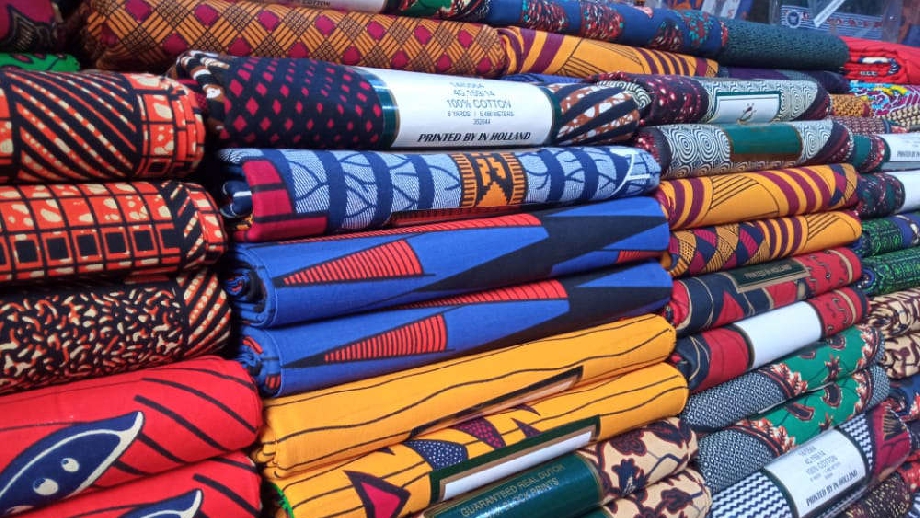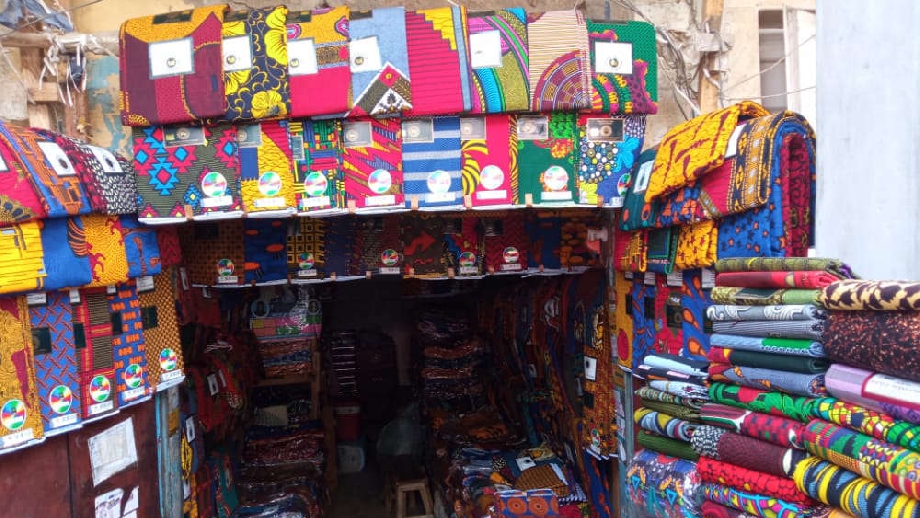
From being the biggest employer of labour after the Federal Government in the 1980s, the Nigerian textile industry has become a shadow of itself.
The cost of production, lack of favourable government policies, and competition with cheap and often substandard imported fabrics have all contributed to suffocate the textile industry across the country.
The Nigerian textile industry was a dominant force in Africa and beyond but sadly, all that is left of the past glory is an abundance of labour-related crises as seen in the case of Angel Spinning and Dyeing Limited in Kano.
More Than 3,000 Laid Off at One Company
The imminent collapse of the company left the likes of Abdulmumin Shu'aib and over 3,000 others struggling for survival amidst the current harsh economic situation in Nigeria.
"2010 was when these problems started. Many workers were laid off.
“In the entire workforce, we were left with less than 500 workers.
“The man decided to close the company. I was just one year plus there when they laid us off and paid us our gratuity.
“The money given to us as compensation after laying us off was not much. I've been struggling here and there," he lamented.
The story is no different from that of the once-famous Gaskiya Textile Mill in Kano, which folded in 2005 as a result of the biting cost of production and multiple taxations.
Aminu Kabiru is one of the over 100 staff of the company.
"We are suffering for our own benefits. We worked 10 - 19 years and after they closed the company in 2006, they refused to pay those of us who resigned.
“But those who worked with them have been paid.
“Some of us are staying at home waiting for the money to start up something," Kabiru narrated emotionally.
More Than 100,000 Jobs Lost in 26 Years
With over 117,000 jobs in the nation's textile industry lost in the past 26 years, the Nigerian Textile Manufacturers Association is warning that more would be lost if the Federal Government does not intervene to salvage the crumbling industry.
The President of the National Union of Textile, Garment and Tailoring Workers of Nigeria, John Adaji revealed that the textile industry, which was the biggest employer of labour after the Federal Government with more than half-a-million jobs in the 1980s, cannot boast of 20,000 jobs today.
"We have problems of patronage, cost of production, and the smuggling of goods is still persistent.
“Government has agencies like the Nigerian Army, Navy, Air force, Police, Immigration, NYSC, Road Safety and uniform schools which are a large market.
“If nothing is done about this, these problems will continue to linger," Comrade Adaji complained.
Low-quality Foreign Textile Cheaper Than Good-quality Local Products
As the fortune of the textile industry continues to dwindle, the Nigerian Textile Manufacturers Association is warning of the further collapse of the few companies in existence if the government fails to intervene immediately.
Buttressing these points, sellers at the popular textile market in Kantin Kwari, Kano say substandard textiles imported from China and Indonesia are dominating the market despite the high quality of Nigerian fabrics.

They pin this down to the high cost of local textiles.
One of the sellers said, "nobody is even requesting Nigerian textile. It is very very expensive. Here, we sell “high target” for N4,800 or N4,900.
“If Nigeria should produce such quality, they will sell at N7,000 to N8,000."
"Indians are almost taking over the market because their products are becoming cheaper than China textiles," another seller said.
Union Threatens to Picket Customs Office in Abuja
Saddened by the Federal Government's lack of capacity to aid the market and revive the textile industry, the Acting General Secretary of the National Union of Textile Garment and Tailoring Workers of Nigeria, Ali Baba, threatened that the union will stage a protest at the Nigerian Customs and Procurement offices in Abuja.
"Our workers are planning, if possible, to picket the Custom and Procurement's office in Abuja since the government has not taken concrete steps to address these issues," he said.
In his reaction, the Kano State Commissioner for Commerce and Industry, Mukhtar Ibrahim noted that the state government is taking advantage of the Abuja-Ajaokuta-Kano gas line project to reduce the overbearing cost of production by providing energy to the industries.
Mukhtar assured that "gas will come to Kano State and by that, we are bringing a new industrial layout along Zaria Road.
“The gas pipeline will be passing nearby; both new and existing industries can tap the gas coming into the state."
Experts say a fully revived textile industry would create millions of jobs, especially with the national unemployment figure hovering above 33%.
They also expect a resuscitated textile industry to boost internally generated revenue, reduce billions of dollars in imports annually, and help to check insecurity.


